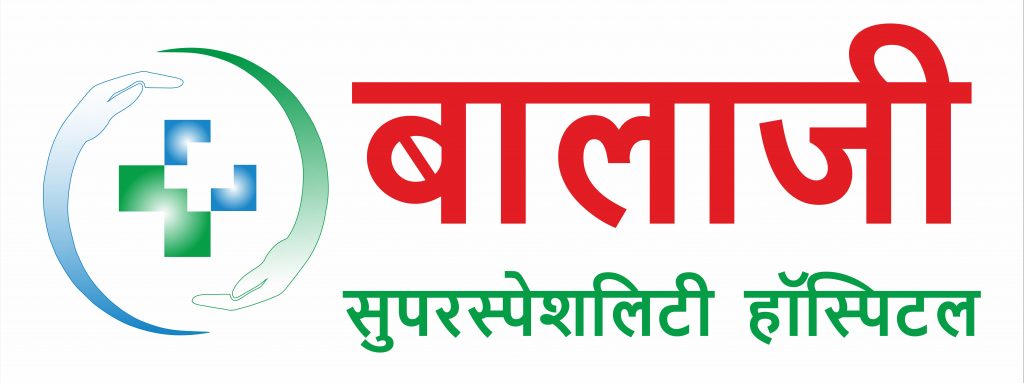Why Do People Get Kidney Stones in the Summer?
It’s normal to feel anxiety, worry, and grief any time you’re diagnosed with a medical condition – and that’s certainly true if you test positive for COVID-19, or are presumed to be positive. If your symptoms aren’t severe and you can recover at home, this will involve home isolation until it’s safe for you to be near others without potentially spreading the infection.

